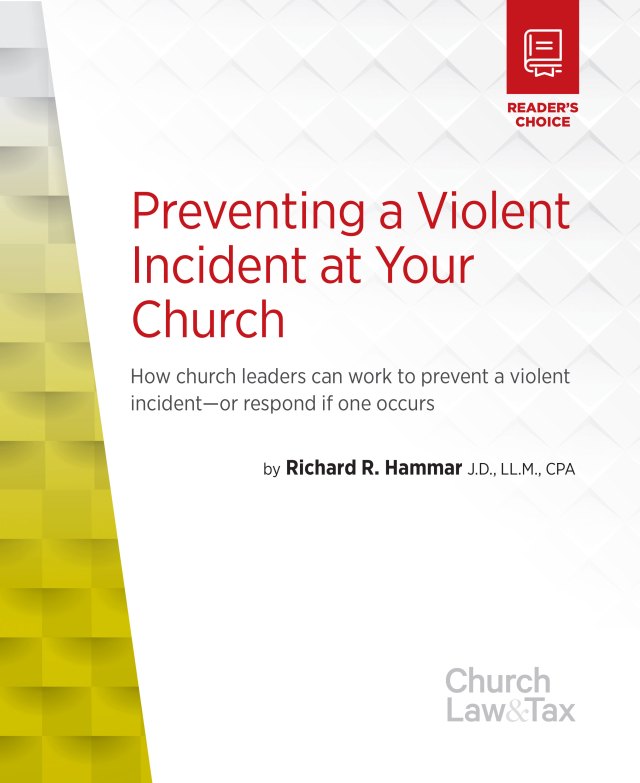Carefully screening people before allowing them to work with children in your ministry costs little, but it can increase safety greatly. Here’s why.
Background screening can:
- deter child predators from applying to work in your ministry, reducing the likelihood of child sexual assault.
- demonstrate that your ministry has taken reasonable care to safeguard its members.
- reduce your liability in court if you should accidentally hire someone who commits a crime.
- help you learn if someone has been convicted of a crime in the past that may lead to future problems.
- offer a glimpse into the candidate’s past work performance and why he or she is seeking a new ministry position.
- give you information about a person’s character, skills, knowledge, and suitability for a particular position.
More than a criminal background check
Background screening and criminal background checks are similar terms that can be confused with one another. Background screening is far more comprehensive than running a person’s name through a criminal records database.
How do you screen paid and volunteer workers?
A thorough background screen includes four components:
- Written application
- Reference checks
- Personal interview
- Criminal records inspection
- These components are the same for both paid and volunteer employees, although additional laws govern background screening for paid employment.
- Because states often have additional laws employers must follow, you should strongly consider hiring a qualified agency to conduct criminal background checks on prospective employees.
- Reference checks are vital
- Criminal background checks are important, but reference checks are vital, says John Hein, corporate counsel for Brotherhood Mutual Insurance Company. “There’s no substitute for a reference check,” Hein says. “It’s a good indicator of whether this person will be a good fit for your ministry.”




